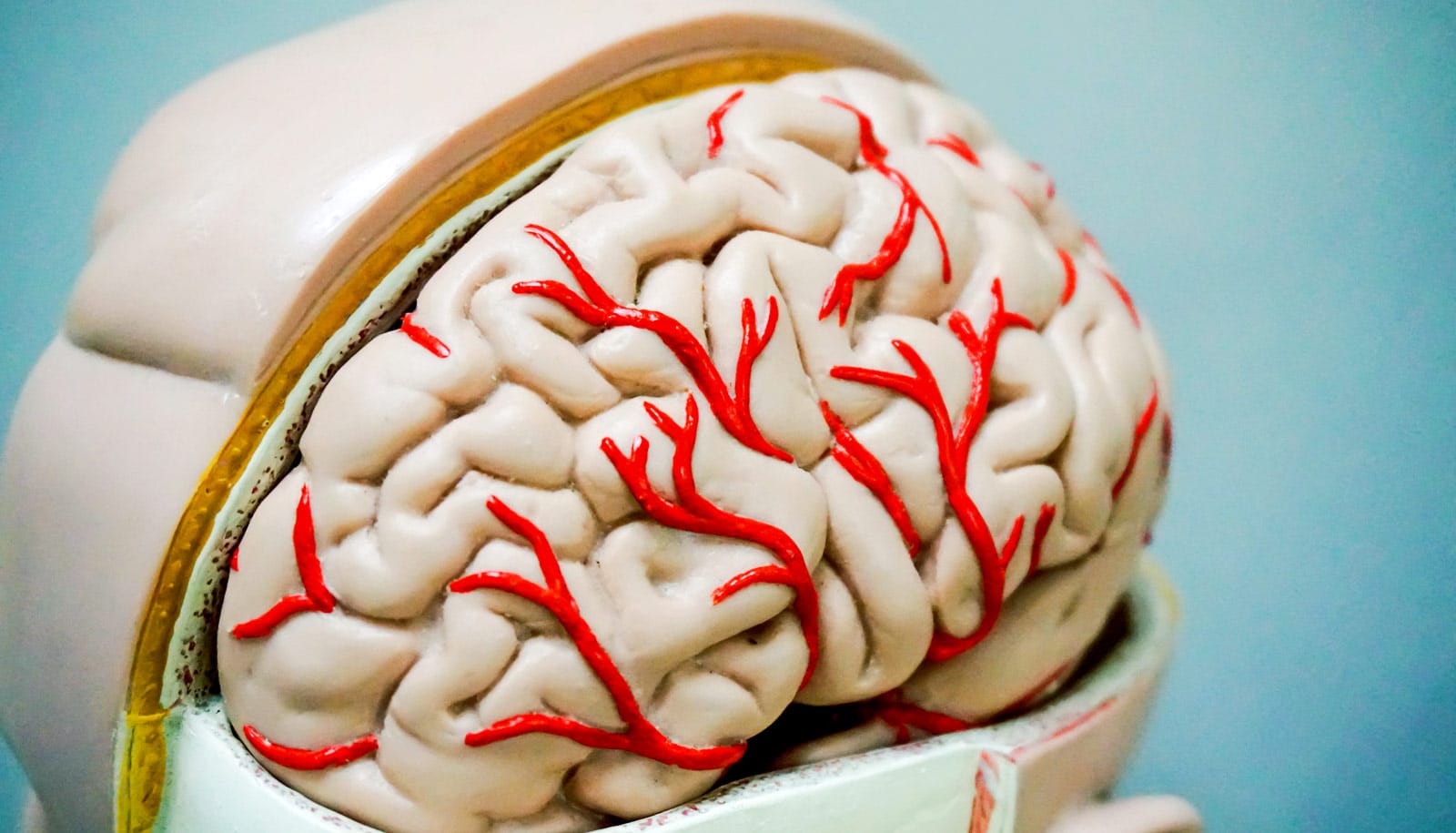Researchers have found an association in living patients between exposure to repetitive head impacts and difficulties with cognitive functioning and depression years or decades later.
Scientists have long believed that a single traumatic brain injury (TBI) earlier in life may contribute to problems with memory, thinking, and depression later in life. In most previous studies, however, research failed to examine the possible role of having a history of exposure to repetitive head impacts, including those leading to “subconcussive” injuries, in these later-life problems.
There was a dose-response-like pattern between head trauma and depression symptoms.
Researchers analyzed the records of 13,323 individuals age 40 and older (average age 62) who participate in the internet-based Brain Health Registry. Of those, 725 or 5% of participants reported exposure to previous repetitive head impacts through contact sports, abuse, or military service. In addition to repetitive head impact history, the scientists also examined the effects of having a TBI with and without loss of consciousness.
Along with self-report questionnaires of repetitive head impact and TBI history, participants completed measures of depressive symptoms and computerized cognitive tests.
The findings in Neurology reveal that participants with a history of both repetitive head impacts and TBI reported greater depression symptoms than those who did not have such history.
In addition, when repetitive head impacts and TBI were examined separately, a history of repetitive head impacts had the strongest effect on later-life symptoms of depression. The findings were independent of age, sex, racial identity, and education level.
“The findings underscore that repetitive hits to the head, such as those from contact sport participation or physical abuse, might be associated with later-life symptoms of depression. It should be made clear that this association is likely to be dependent on the dose or duration of repetitive head impacts and this information was not available for this study,” says Michael Alosco, associate professor of neurology at Boston University School of Medicine and codirector of the university’s Alzheimer’s Disease Center Clinical Core.
There was a dose-response-like pattern between head trauma and depression symptoms. Specifically, participants without any history of either TBI or repetitive head impacts had the fewest symptoms. While depression symptoms increased when a history of TBI alone was present, depression symptoms were highest for the groups who had a history of both repetitive head impacts and TBI.
Indeed, the group that had a history of repetitive head impacts and TBI with loss of consciousness reported the most depressive symptoms.
A similar cumulative effect was seen among those exposed to repetitive head impacts and TBI on tests of memory, learning, processing speed, and reaction time. Participants with a history of repetitive head impacts or TBI had worse performance on some of the tests compared to those without any head trauma history, and those with both a history of repetitive head impacts and TBI with loss of consciousness had worse performance on almost all of these computerized cognitive tests.
“These findings add to the growing knowledge about the long-term neurological consequences of brain trauma,” says senior author Robert Stern, professor of neurology, neurosurgery, and anatomy and neurobiology, as well as director of clinical research at the Boston University Chronic Traumatic Encephalopathy Center.
“It should be noted that not all people with a history of repetitive hits to the head will develop later-life problems with cognitive functioning and depression. However, results from this study provide further evidence that exposure to repetitive head impacts, such as through the routine play of tackle football, plays an important role in the development in these later-life cognitive and emotional problems,” says Stern.
A major limitation of the study is that the researchers did not have access to measurements or estimates of the degree of repetitive impact exposure nor TBI frequency.
In October, researchers reported a dose-response relationship between the number of years of exposure to tackle football (regardless of the number of concussions) and the presence and severity of the degenerative brain disease chronic traumatic encephalopathy (CTE).
In a sample of 266 deceased football players, each year of exposure to tackle football was associated with 30% increased odds of having CTE and 17% increased odds of having severe CTE. It is unknown if any subjects in this study have CTE or any other neurodegenerative disease.
Additional researchers from Boston University; the University of California, San Francisco; and the San Francisco VA Healthcare System contributed to the work. The National Institutes of Health funded the new research.
Source: Boston University



